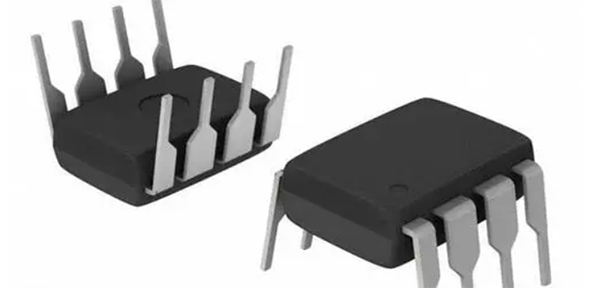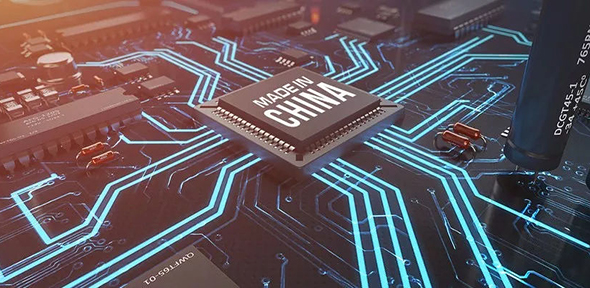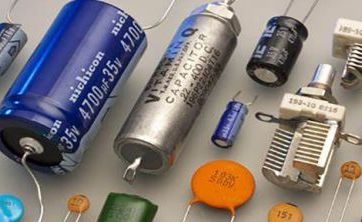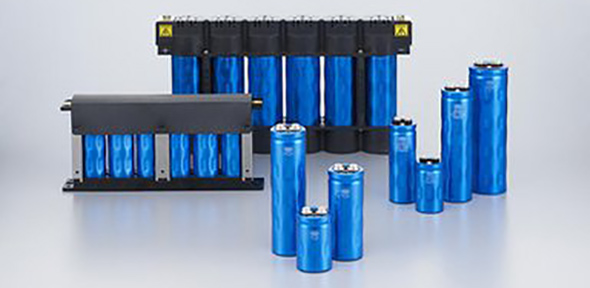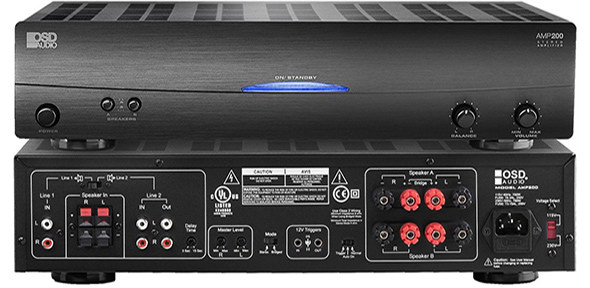what causes capacitors to fail
Capacitors are electrical components that store electrical energy in an electric field. They are made up of two conductive plates separated by an insulating material known as the dielectric. Capacitors come in different types, sizes, and capacitance values. They have various applications in electronic devices, including power supplies, electric motors, and audio systems.
Causes of Capacitor Failure
Like any other electrical component, capacitors can fail due to a variety of reasons. Here are some of the common causes of capacitor failure:
a) High Voltage: Capacitors have voltage ratings indicating the maximum voltage that they can handle. If a capacitor is exposed to a voltage that exceeds its rating, it can suffer from catastrophic failure.
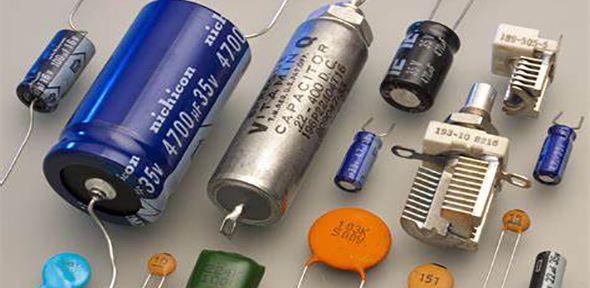
b) Overheating: Capacitors generate heat during their operation. If the temperature around the capacitor exceeds the recommended operating temperature, it can lead to the breakdown of the dielectric material.
c) Aging: Capacitors have a limited lifespan, which depends on various factors, such as the operating temperature, voltage stress, and quality of the dielectric material. When a capacitor becomes old, the dielectric may break down, leading to failure.
d) Poor Quality: Cheap capacitors of low quality may have faulty construction, substandard materials, or insufficient voltage ratings, leading to premature failure.
How to Prevent Capacitor Failure
Capacitor failures can cause significant damage to electronic equipment, leading to expensive repairs or replacements. Here are some measures you can take to prevent capacitor failure:
a) Choose High-Quality Capacitors: Always use high-quality capacitors from reputable manufacturers. These capacitors have a higher tolerance for voltage stress and temperature, making them less likely to fail.
b) Use Appropriate Voltage Ratings: Ensure that you use capacitors with voltage ratings that can handle the maximum voltage of your circuit. This will prevent overvoltage situations that can damage the capacitor.
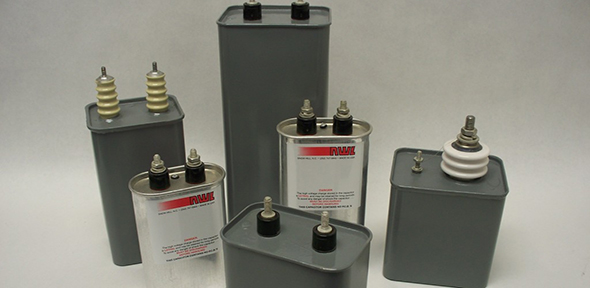
c) Avoid Overheating: Keep capacitors away from hot components or places with high temperatures. Ensure that the cooling system of the device maintains a suitable operating temperature for the capacitor.
d) Replace Aging Capacitors: Replace capacitors that have been in use for an extended period or have exceeded their lifespan, even if they appear to be working fine.
Conclusion
Capacitors are critical components in electronic devices, and their failure can lead to disastrous consequences. Therefore, it is essential to take the necessary precautions to prevent capacitor failure. By choosing high-quality capacitors, using appropriate voltage ratings, avoiding overheating and timely replacement, you can ensure the reliability and longevity of electronic devices.
